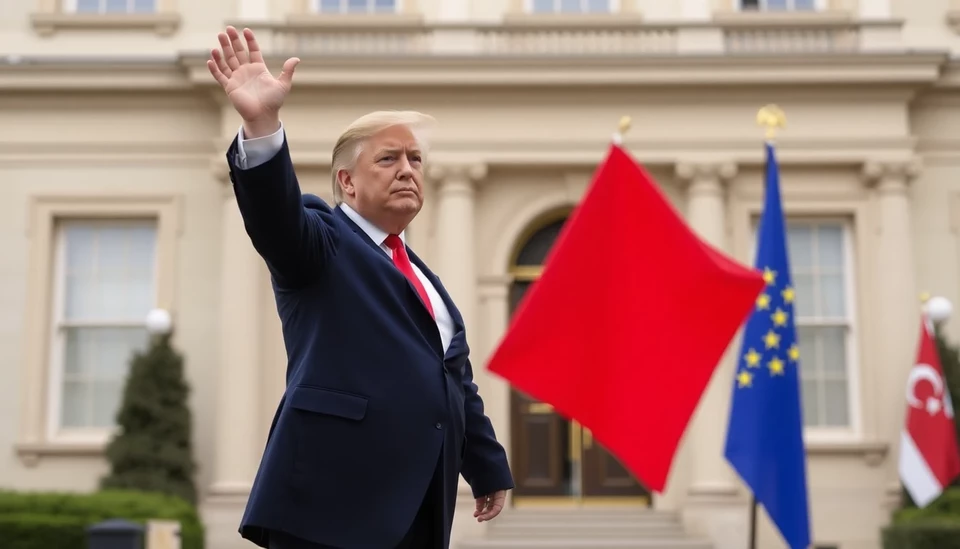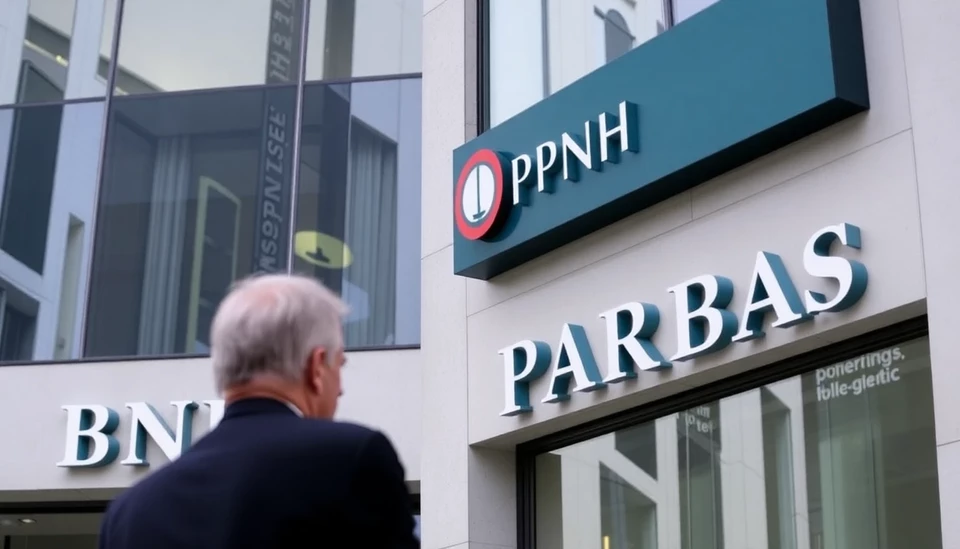
In a significant turn of events, the financial landscape of Europe is bracing for change following Donald Trump's unexpected success in the recent elections. Analysts and industry leaders are now advocating for a reconsideration of the European Union's stringent bank capital requirements, envisioning more flexibility to stimulate growth and competitiveness across the financial sector.
The outcome of the U.S. election left many European stakeholders evaluating its potential impact on international banking regulations. With Trump at the helm, there is a growing sentiment that the rigid capital buffers imposed by the EU could be loosened. Advocates argue that these regulations, designed to safeguard against financial crises, may actually be hindering banks’ ability to lend and support economic recovery, particularly in light of recent volatility in global markets.
A coalition of influential banking associations within Europe is spearheading the call for reform. They contend that the current capital rules are overly restrictive, especially for smaller banks that play a crucial role in local economies. These institutions have struggled to navigate the dual pressures of maintaining high capital ratios while trying to provide loans and support businesses in their communities.
The debate surrounding bank capital requirements is taking place against a backdrop of broader discussions about financial stability and economic resilience. Proponents of a revised approach emphasize the need for a balanced framework that allows banks to operate effectively without compromising the safeguards that prevent systemic risks. They argue that the potential economic downturn exacerbated by the pandemic has placed additional pressure on financial entities to be more flexible in their lending practices.
Trump's election victory has renewed interest in a more deregulated financial environment reminiscent of his previous term. This development is catalyzing discussions about adapting EU regulations to mirror some aspects of U.S. policy, which many believe could provide a competitive edge to European banks in the global marketplace. It also raises questions about the EU's approach to fiscal policy and its alignment with the U.S. under Trump’s administration.
As talks progress, the key stakeholders within the EU—ranging from regulatory bodies to banking institutions—are evaluating the potential implications and logistical challenges of relaxing capital ratios. The possible shift in policies might not happen overnight, but the groundwork is being laid for a future where European banks operate under a more lenient regulatory framework.
The discourse around these reforms continues to evolve, with many experts forecasting significant debates in EU financial circles over the coming months. As stakeholders assess the risks and benefits of a softening stance on capital regulations, the financial community remains alert to the broader implications for economic health and stability in Europe.
In conclusion, the intersection of politics and finance in the wake of Trump's electoral success is prompting a serious reconsideration of bank capital regulations in the EU. As the dialogue progresses, it will be pivotal for regulators to strike a balance between ensuring stability and fostering growth in the banking sector.
#Banking #Finance #TrumpWin #EUBanking #CapitalRegulations #EconomicGrowth #Deregulation #EuropeanUnion
Author: John Harris




